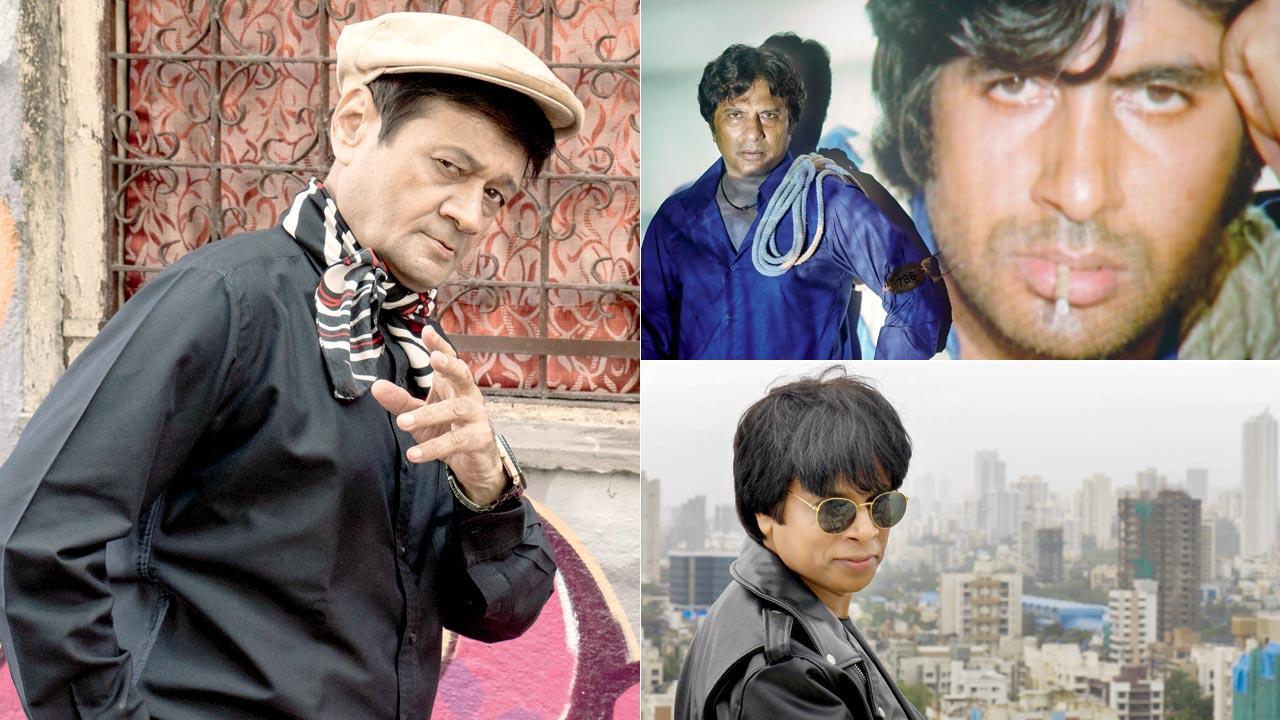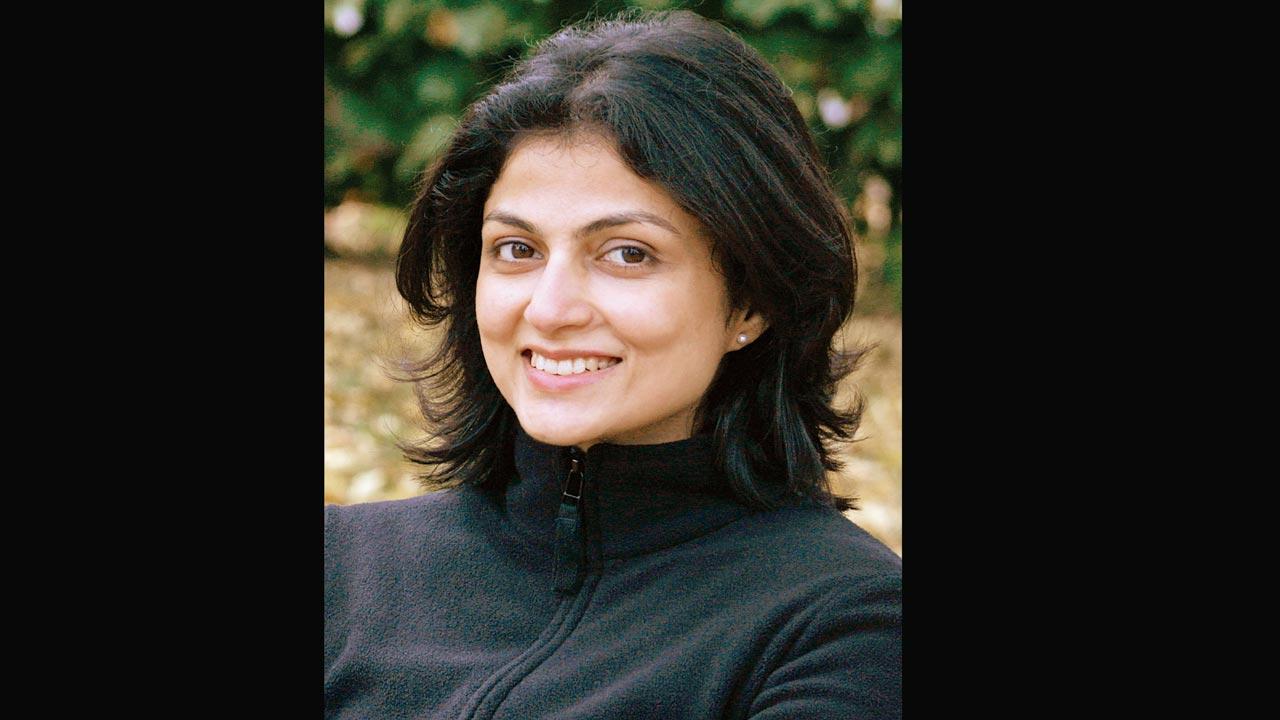A documentary on the lives of movie star lookalikes delves into questions of identity, attention and the conviction required to sustain in a notoriously difficult industry

Abbasi’s film is about Kishore Bhanushali, a Dev Anand lookalike, Firoz Khan who imitates Amitabh Bachchan and Prashant Walde, a Shah Rukh Khan replica
Geetika Narang Abbasi has always been a fan of Hindi films and songs and had wondered why in spite of Hindi cinema’s enormous cultural impact around the world, there aren’t enough films made on the films. “We don’t even have documentaries on our major stars,” points out the director, whose last documentary was the 2012 Much Ado about Knotting about the matchmaking industry in India. While watching the film Apartment some years ago, she spotted Kishore Bhanushali, a Dev Anand lookalike, and the idea of making a film on these imitation artistes, who were once very popular, took hold. “There was a time when one saw these people during stage shows, in Lehren, in film magazines and advertisements. I wondered where they were now.”
ADVERTISEMENT
Abbasi’s new documentary Urf, which will premiere at the International Film Festival Rotterdam later this month, takes a peek into the lives and stories of these doubles, combining the director’s interests in Hindi cinema and questions of identity.
 Geetika Narang Abbasi
Geetika Narang Abbasi
Apart from Bhanushali, Abbasi interviews two other performers in the film: Firoz Khan who imitates Amitabh Bachchan, and Prashant Walde, a Shah Rukh Khan replica. Apart from the connection that she shared with each of these actors, there were several reasons says Abbasi for choosing them among the many star lookalikes she met. She had loved Bhanushali’s work in films like Dil. What was also interesting, she shares, was the observation that he made in her film that to impersonate Ashok Kumar, he chose not to copy Kumar directly but to imbibe Johnny Lever’s impersonation of the actor. “Similarly, a lot of people who imitate Dev Anand actually imitate Kishore [Bhanushali] rather than the real Dev Anand,” says Abbasi. Again, what struck her about Khan was his choice of career given that he didn’t resemble Bachchan at all. “For most of the lookalikes, their careers happened by destiny rather than choice when people started comparing them to the stars,” she observes. Khan, however, impressed by Bachchan’s persona, started impersonating him and came to Mumbai from Budaun to showcase his talent. On the other hand, Walde, who works as Shah Rukh Khan’s body double in films and advertisements is the one in closest proximity to the star. Moreover, Abbasi relates that his romance with his wife is a lot like the fabled one between Shah Rukh and his wife Gauri. “Prashant’s wife was a huge fan of SRK and used to pray that she would get to marry him and says in the film that she forgot to clarify that she meant the original SRK,” laughs Abbasi. Further, the three imitated stars of three different generations, their relationships with their careers, too, vary in accordance. “While Kishore looks at his life, career and journey objectively, Firoz and Prashant can’t dissociate themselves from the stars.”
What also surprised the Gurgaon-based Abbasi about these artistes was the normalcy of their lives, even as she saw them seamlessly switching between their real selves and the stars they impersonate. “They are often seen as cheap copies of the movie stars and mocked by people. I was conscious of the fact that this needed to be their story, that I should not be judgemental and that they should not come across as laughing stocks,” she insists, her aim being to present the reality of their lives with utmost honesty.
At the same time, she also realised in due course that there is a make-believe world that such performers have to create around themselves, a world made up of an unshakeable faith in themselves as artistes and a belief in the industry that will eventually lead them somewhere. “They have a lot of conviction in what they do and that was a huge learning lesson for me as well. It is not important to get validation from others,” says Abbasi. Simultaneously, working on the film also brought her closer to people who struggle as performers in Mumbai, their idea of their place in it often bordering on delusion. “But these people have really adapted to the industry and are surviving because of their conviction in themselves and their faith in cinema.”
 Subscribe today by clicking the link and stay updated with the latest news!" Click here!
Subscribe today by clicking the link and stay updated with the latest news!" Click here!







